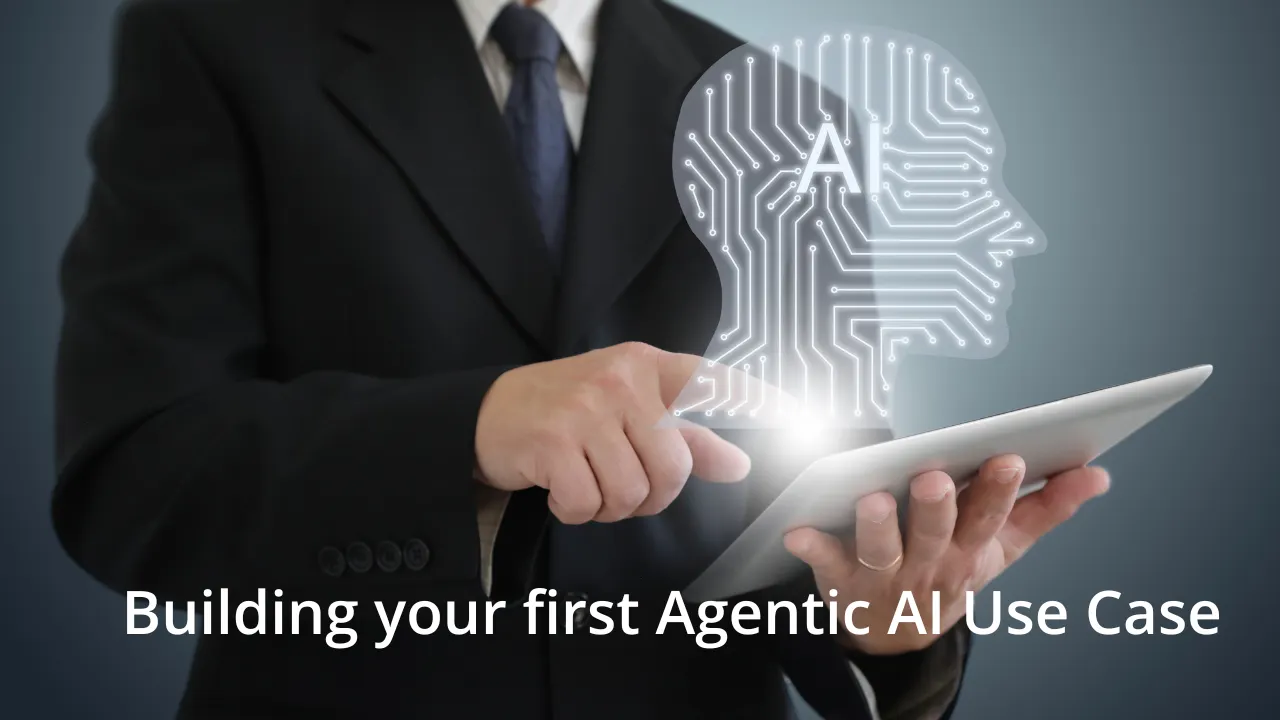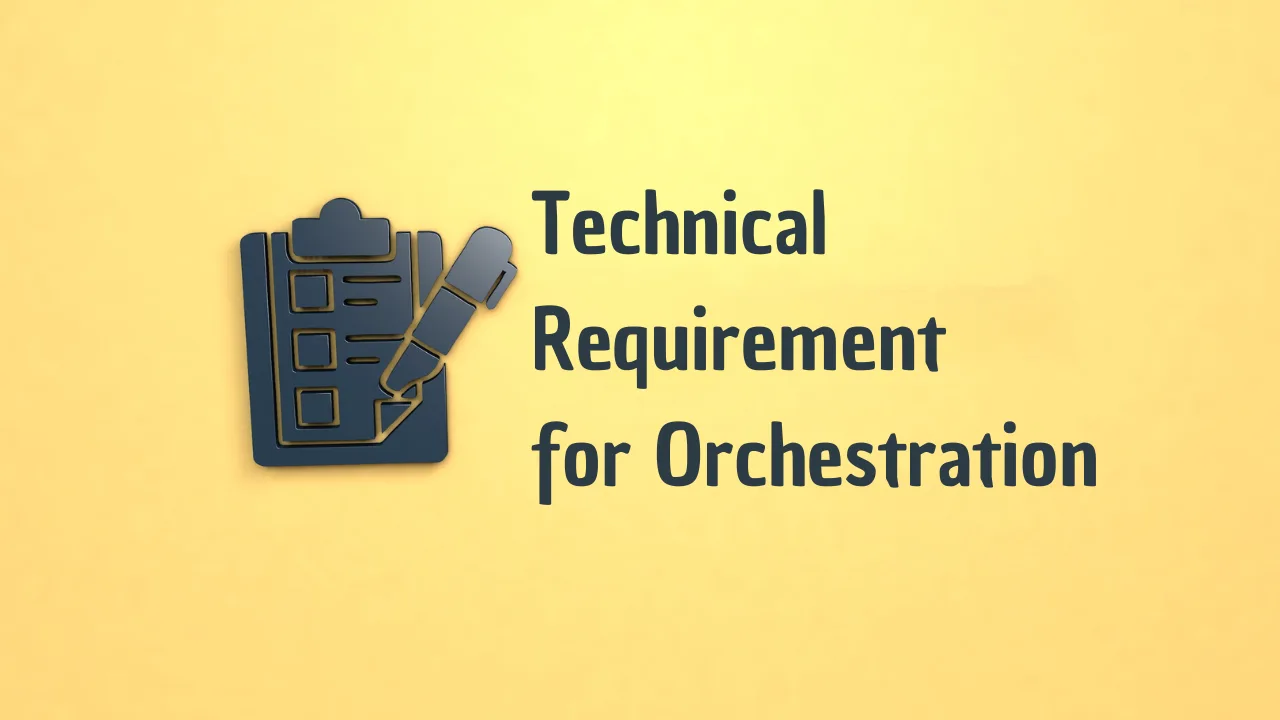McKinsey & Company has revealed that brands with strong reputations generate 31% more returns to shareholders than the MSCI World average. Just as stock prices surge when market sentiment is positive, any dent in a company’s reputation negatively affects stock performance. Supply Chain Management Solutions play a crucial role, as each department’s performance, including procurement and supply chain, contributes to the company’s overall success.
At a time when HR has evolved into a ‘business partner’ and engineering embraces ‘agile’ methodologies, how do Procurement professionals align with the brand beyond just being recognized as ‘cost savers’?
Is All Publicity Good Publicity?
Let’s explore some events that might give customers reasons to complain about your brand:
- Failure to deliver on time
- Dissatisfaction with product or service quality
- Irresponsible supply chain practices
- Involvement in a regulatory scandal
The underlying cause of these issues often stems from mismanaged suppliers. These failures can greatly impact a brand’s reputation and business performance. As Forrester’s Wave™: Source-To-Contract Suites Q4 2019 notes, choosing the right suppliers for critical spend categories, building effective relationships, and achieving consistent performance from suppliers with minimal risk is vital for success.
For successful brands, which customers speak positively about, effective supplier collaboration is essential.
The Importance of Supplier Collaboration
Companies need reliable suppliers who deliver on time, maintain compliance, and demonstrate resilient supply chains. Additionally, a backup set of suppliers should always be available. Information about these suppliers must be readily accessible across departments—legal, procurement, and finance—and updated regularly.
Common Reasons Companies Fail to Leverage Their Supplier Base
Several factors prevent companies from fully utilizing their supplier relationships. Here are the top three reasons why many fail:
1. Lack of Technology
Many companies still rely on manual tracking of supplier performance. Without technology that captures and utilizes transactional data for insights, procurement teams can’t accurately assess supplier performance at any given moment. With manual processes, how confident can you be in knowing that your team consistently buys from contracted suppliers with up-to-date compliance records?
2. Obsolete Technology
Some companies use outdated procurement technology that no longer supports the size or complexity of their operations. This often results in inefficiencies, lost data, and a lack of visibility into supplier performance management.
3. Failed Implementations
Failed technology implementations, especially with older ERP systems, are common. Complex user interfaces, low adoption rates, high licensing costs, and difficult integrations can slow progress. How can procurement teams using outdated technology compete with those that have embraced AI in procurement?
Case Study: Global Blood Therapeutics (GBT)
Consider the case of Global Blood Therapeutics (GBT), a leading USA-based biopharmaceutical company. GBT manages over 2100 suppliers and has processed over $147 million USD to date. However, their procurement module—an ERP product—caused several challenges:
- Low user adoption
- Difficulty in extracting reports
- Poor supplier collaboration
- Contracts not integrated with the procurement system
After implementing Zycus’ Supplier Management Solutions, GBT could evaluate suppliers based on their Regulatory Impact Assessment status, accelerate contracting processes, and improve regulatory compliance.
Steps to Optimize Supplier Collaboration
1. Analyze Your Spend Data
To optimize supplier collaboration, begin by analyzing your spend data. What are the most popular categories of spend? Which suppliers are most frequently used? What is your stock-to-purchase ratio, and how often do your buyers engage in off-contract purchasing?
Though this may sound cumbersome, you can only improve what you measure. Many companies are now shifting to AI-powered procurement solutions that can instantly analyze large volumes of transactional data and provide actionable insights.
2. Simplify the Sourcing Process
Automation accelerates sourcing, ensures transparency, and reduces the risk of fraud. With an automated solution, only qualified suppliers reach the contract stage, minimizing risk.
Zycus’ innovation, iLogix, allows companies to analyze 60,000 lines across 5 suppliers in under 30 seconds, significantly improving sourcing efficiency.
3. Ensure Contract Visibility
Maverick spend is significantly reduced when buyers have visibility into sourcing contracts during purchase decisions. However, procurement departments often miss contract expiration dates simply because they lack a unified system that alerts them to upcoming renewals.
4. Archive and Use Supplier Data
Storing complete, updated, and non-duplicate data is crucial for monitoring supplier performance. Too often, this aspect of supplier management is neglected. Even when performance is evaluated, KPIs often fail to capture essential information.
5. Leverage Smart Catalogs
Smart catalogs enable robust control over spend management and content validity. AI-powered classification for catalog items ensures content validity across various geographies, teams, and business units, allowing for better procurement efficiency.
6. Automate Accounts Payable
AP teams often spend a significant amount of time on repetitive tasks such as extracting invoices and answering supplier queries. These activities can be automated using bots, leading to higher accuracy and faster processing.
Realize State-of-the-Art Procurement with Merlin AI
The Zycus Merlin AI Platform is a revolutionary solution designed to help procurement teams leverage cutting-edge AI technology. By using Merlin Bots, procurement professionals can automate routine tasks, improve turnaround times, enhance data accuracy, and unlock long-term strategic advantages like FTE reduction and quality improvement.
With Merlin Bots, procurement teams can automate the invoicing process solution, detect duplicate invoices, and perform data entry tasks with unmatched accuracy. The Merlin platform also helps manage contracts by identifying risks during the contracting phase, ensuring compliance, and reducing manual intervention.
Conclusion: AI-Powered Supply Chain Management Solutions
As procurement evolves, embracing intelligent Source-to-Pay solutions is no longer optional but essential. Companies that leverage AI-powered solutions like those offered by Zycus will gain a competitive edge by managing suppliers more effectively and safeguarding their brand’s reputation.
An intelligent Source-to-Pay solution plugs the gaps in your procurement process, simplifies supplier management, and helps maintain your company’s reputation for excellence. Experience the combined power of AI-powered procurement solutions by scheduling a demo with Zycus today!
Related Read:
- Blog – Investing in Procurement Technology – Choosing the Solution Intelligently
- Blog – Deciphering the Procurement Technology Market
- Blog – Pitfalls to Avoid While Implementing Procurement Technology
- Whitepaper – 5 Half-Truths Your Procurement Technology Provider Told You
- Whitepaper – Leveraging Procurement Technology in BFSI sector (Europe specific)




























































